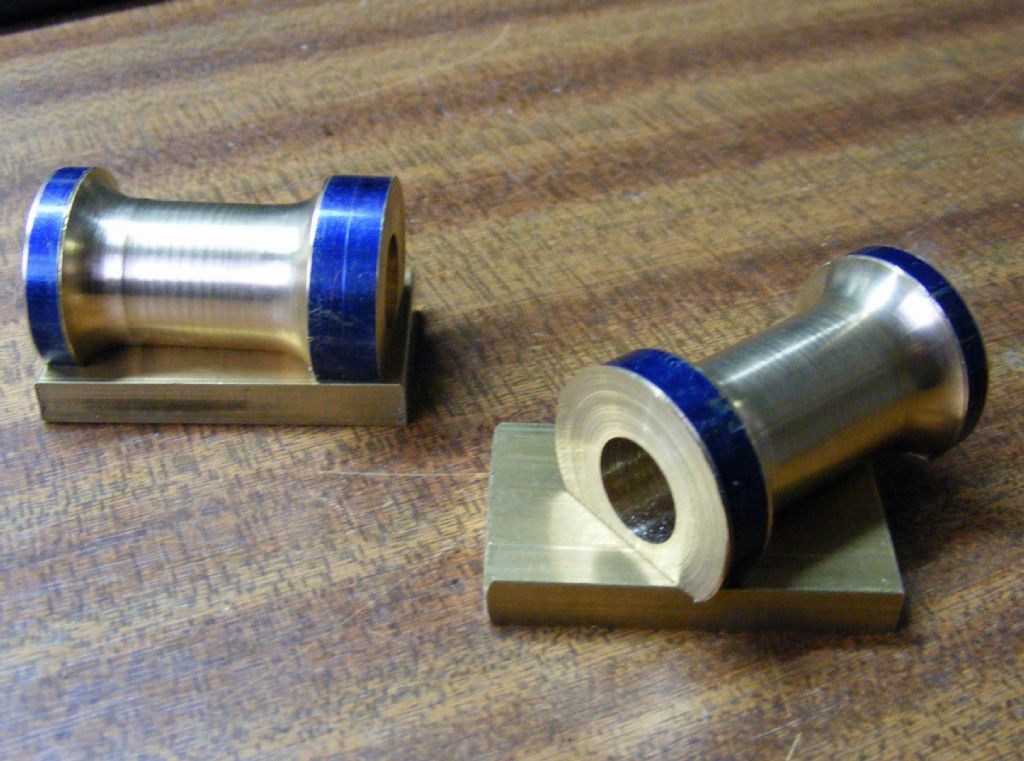Posted by BW on 11/05/2019 15:22:26:
…
If I am in a well ventilated space and use the solder for less than 30 minutes a week doing very small occassional jobs ( ie tiny little wobblers and boilers less than 1 cubic inch of material being heated and soldered surfaces of less than 0.5 sq inches) – how do I calculate my exposure and associated risk ?
Bill
As Fowler's Fury says, with difficulty! Cadmium is most dangerous when your job requires you to work with it and/or you live in an polluted area, next to a smelter, or you eat polluted food. Gentlemen doing a few minutes soldering once in a blue moon are unlikely to suffer. These days Cadmium is damaging children living in industrial parts of the third world where governments choose to ignore the problem. Exposure in the West is much lower, mainly because Cadmium is discouraged here.
Your state of health makes a significant difference to individual risk. For example, if you happen to have a Zinc, Iron, Selenium or Calcium deficiency, then your body will actively soak up all the Cadmium it can. As Cadmium is poisonous this biological blunder will do you no good at all. Smoking whilst soldering is another risk multiplier – don't! Some people are much more sensitive to Cadmium than others.
One authority does not recommend any minimum exposure to Cadmium because it causes cancer. The most gung-ho recommendation is no more than 7 micrograms per kilogram of body weight per week, while the World Health Organisation suggests no more than 2.5 micrograms per kilogram of body weight per week from all sources. These are very low levels – it would be foolish to breath soldering fume in a confined space.
But if you have a good diet, don't smoke, are well ventilated, and only solder infrequently, I don't think the personal risk is scary. When chemicals like Cadmium are restricted quite often the ban is directed at industrial consumption. It's not that small quantities of Cadmium in a workshop are terrifying, it's that tons of Cadmium leak continually into the food-chain from mining, smelting, sewage/manure, reclamation, burning coal, and waste disposal operations, especially incineration of Cadmium based paint and old batteries. It's like cars: I cause insignificant pollution driving mine, it's the other 32,000,000 UK car owners who have to be taken off the road!
Personally, I only braze with Cadmium free silver solder. Bit tricky, but if I can do it, anyone can. (I do small joints and can't comment on boilers – out of my league.)
Dave
 Blue Heeler.
Blue Heeler.




